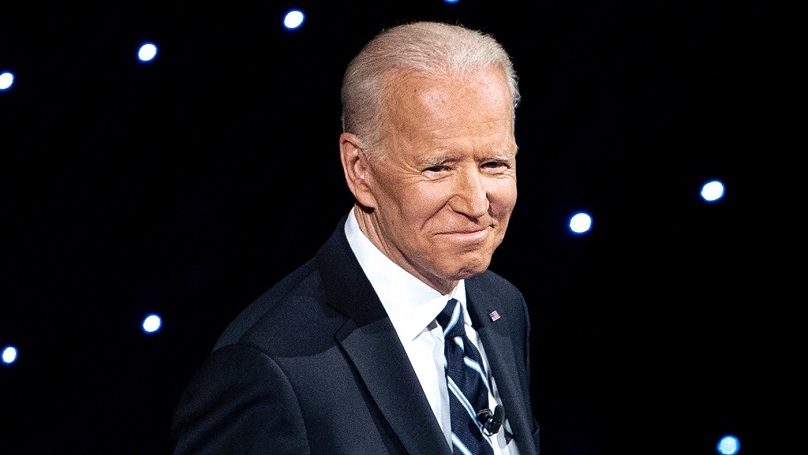The imperative
| Date :10-Nov-2020 |

GIVEN the imperative stemming from the current internal and international conditions, the United States of America under Mr. Joe Biden can be expected to etch out a tenuous middle path that will defy naive predictions of a lateral inversion of overall policies offering a mirror-image of whatever outgoing President Mr. Donald Trump did. No matter the electoral rhetoric that the world heard during the campaign with much bitterness, Mr. Biden will not make the nation take a reverse-swing on most of the critical policies that Mr. Trump followed. Yes, the US under Mr. Biden may revisit some of the Trump moves -- such as withdrawal from the Paris Climate Agreement, or the policy on massive numbers of (illegal) Mexican or Latin American migrants. Yet the overall thrust of the new Administration is more likely to ensure that the boat is not too violently rocked in the bravado of policy-change. For, on several counts, the new Administration is quite likely to find the overall American commitment on many issues of international nature followed by President Mr. Donald Trump rather too deep to be altered perfunctorily. Mr. Biden may reconsider some nuances of major policy issues -- including the trade war with China, for example -- but he may not be able to effect an open paradigm shift that may push the nation to an extreme.
For, in reality, the electoral mandate Mr. Biden has been handed down by the American voters was not actually for massive swings in policies, but was more in the nature of a rejection of some Mr. Trump’s methods and manners. Mr. Trump’s style of politics as well as administration came in for sharp criticism -- and electoral rejection not just from the experts and knowledgeable lobbies but also from common people -- were disliked by the average voters based on differing perception on nuances and facets and not on core policies.
One of the most important aspects of Mr. Donald Trump’s policy-shifts was his stance on Islamic terrorism, which actually endeared him to massive numbers of average Americans. His style may have appeared overbearing to some, but the average voters agreed with him on that issue that actually was set to redefine American foreign policy. Mr. Trump might have criticised his predecessor Mr. Barack Obama on several policy-points, his approach to terrorism was almost a continuum of foreign policy of the Obama Administration (of which ordering the elimination of Osama Bin Laden in Pakistan was a highlight). In fact, Mr. Biden’s task as President is going to be far more tricky than many may think.
For, he will have to navigate the American position in a complex global situation in an obvious effort to appear different -- in tune with a few rather impossible-to-fulfill campaign promises he made. His foreign policy management in terms of countries like India will be actually smooth, but he will have to work the hardest vis-a-vis China, North Korea, Iran, Afghanistan plus many in Europe where equations are rapidly changing on accounting of differing perceptions about the European Union. Another area that will challenge Mr. Biden’s diplomatic capabilities may prove to be Russia that is quite likely to see some major internal political shifts in the coming years.
No matter whether he likes it or not, China is going to be Mr. Biden’s most daunting foreign policy issue to tackle. It is in this regard that he will have to continue Mr. Trump’s overall policy-line on India whose leadership has evolved over time in the art of making lasting arrangements and adjustments in tune with national as well as larger international interests. India’s China-policy will be of much use to the Biden Administration in the time to come. Despite these realities, Mr. Biden, as a seasoned Democrat, will certainly make determined effort to undo some of Mr. Trump’s moves more to please his electorate that may be expecting massive lateral shifts at least in domestic policies. What will count most will be his skill to navigate those tricky and slippery areas.